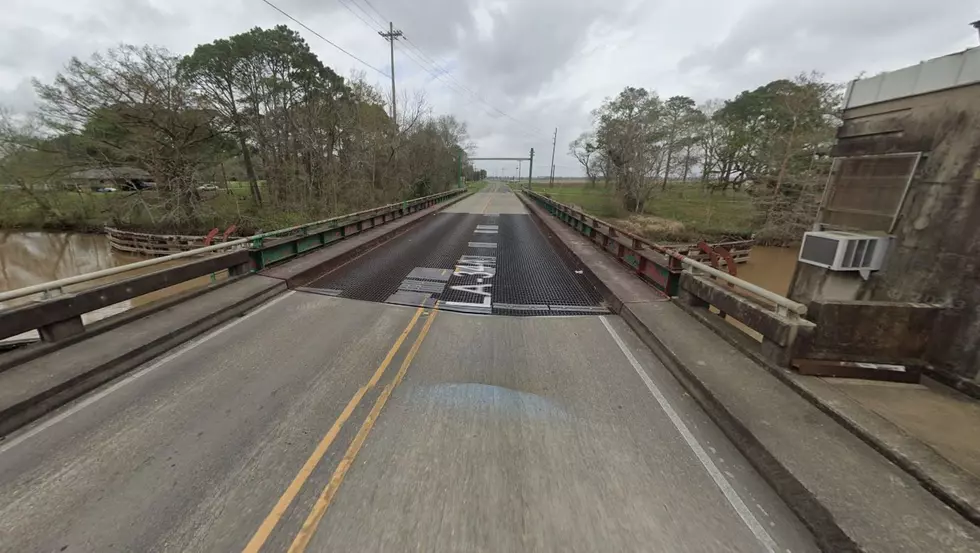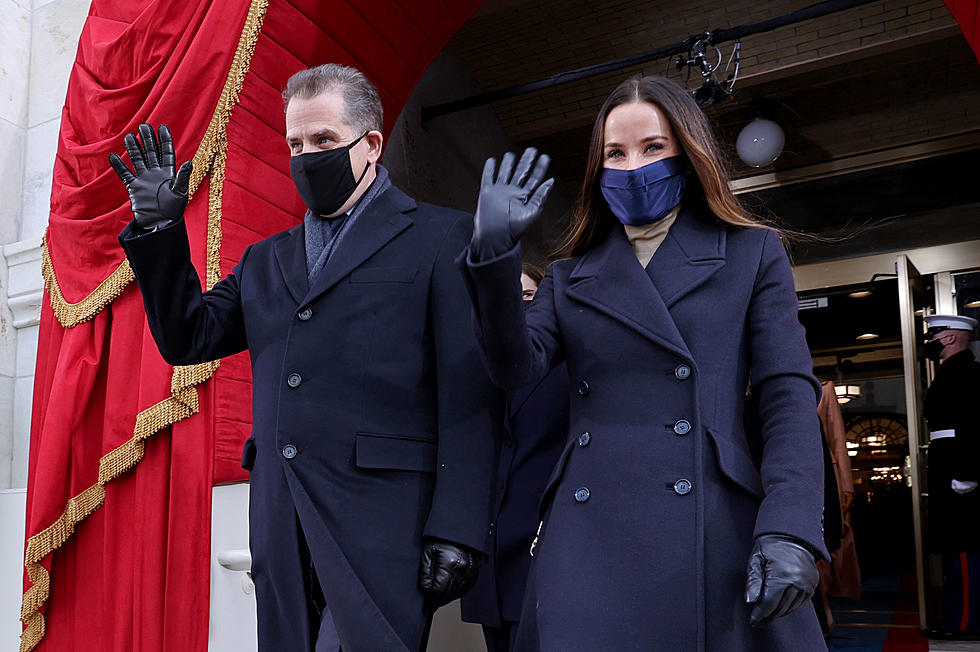
Edwards recommends $30B budget that assumes forecast changes
By MELINDA DESLATTE, Associated Press
The Democratic governor's spending recommendations for the 2019-20 budget year that begins July 1 represent a wish list of sorts, assuming Edwards will eventually break through a logjam with House Republican leaders that has blocked increases to the state income forecast.
The last financial forecast for the upcoming year was adopted in June. Those figures, however, don't reflect the recommendations of state economists who expect tax collections to be higher, and they're missing billions that agencies expect to receive from fees, fines and other revenue sources.
Rather than leave huge cuts and gaps across state agencies, the Edwards administration presented an aspirational document about what the governor believes will show up in the treasury and how he'd like to spend it.
Commissioner of Administration Jay Dardenne, the governor's chief budget adviser, said leaving out money expected to reach state coffers "would not be in the public's best interest."
"It is divorced from reality," Dardenne, who presented the proposal for Edwards, told the Joint Legislative Committee on the Budget.
The state's general operating budget would grow to $30.4 billion next year, an increase of about $800 million in spending, under the Edwards proposal. Much of the increase would come from additional federal financing that pours into the Medicaid program. With expected spending on legislative and judicial agencies and capital construction, next year's total budget would reach $31.8 billion.
Edwards is proposing more than $140 million in spending boosts for K-12 education, including a $1,000 across-the-board pay raise for public school teachers and a $500 salary bump for school support workers. Other dollars would go to block grants for school districts. The governor also recommends $11 million in new public college spending and full financing for the TOPS free college tuition program.
State employees would get another round of salary hikes, under a plan adopted last year. The juvenile corrections system would get more money for operations, as would the social services and child welfare agency. Medicaid would continue its significant spending growth.
Though the money to pay for the proposal isn't officially recognized, lawmakers largely glossed over that point Friday, suggesting they expect all — or at least most — of it to be available for spending. Several legislators seemed relieved to talk about teacher raises and education investments after a decade of worries over budget shortfalls.
"I see sunshine," said Sen. Gerald Long, a Winnfield Republican.
State law requires the Revenue Estimating Conference, the state income forecasting panel, to "revise the official forecast for the ensuing fiscal year" by January. But that hasn't happened.
Across four months, House Speaker Taylor Barras or his surrogate has blocked the income forecast changes suggested by economists and sought by Edwards and Republican Senate President John Alario. The changes would make more money available for spending.
Barras said he's being cautious, saying he doesn't want to promise agencies money he doesn't feel assured will arrive. He defended his stance Friday.
"The later we wait in the year, the better we get" in our revenue forecasts, said Barras, a New Iberia banker.
Edwards calls the move political, amid three years of financial disputes between the Democratic administration and the House GOP leadership.
"There's a little gamesmanship going on ... and we're going to get past it," the governor said on his monthly radio show.
Release of the governor's budget proposal kicks off financial negotiations with lawmakers, who will craft a final version of next year's spending plans in the upcoming legislative session that begins April 8.
All contents © copyright 2019 Associated Press. All rights reserved.
More From News Talk 96.5 KPEL









